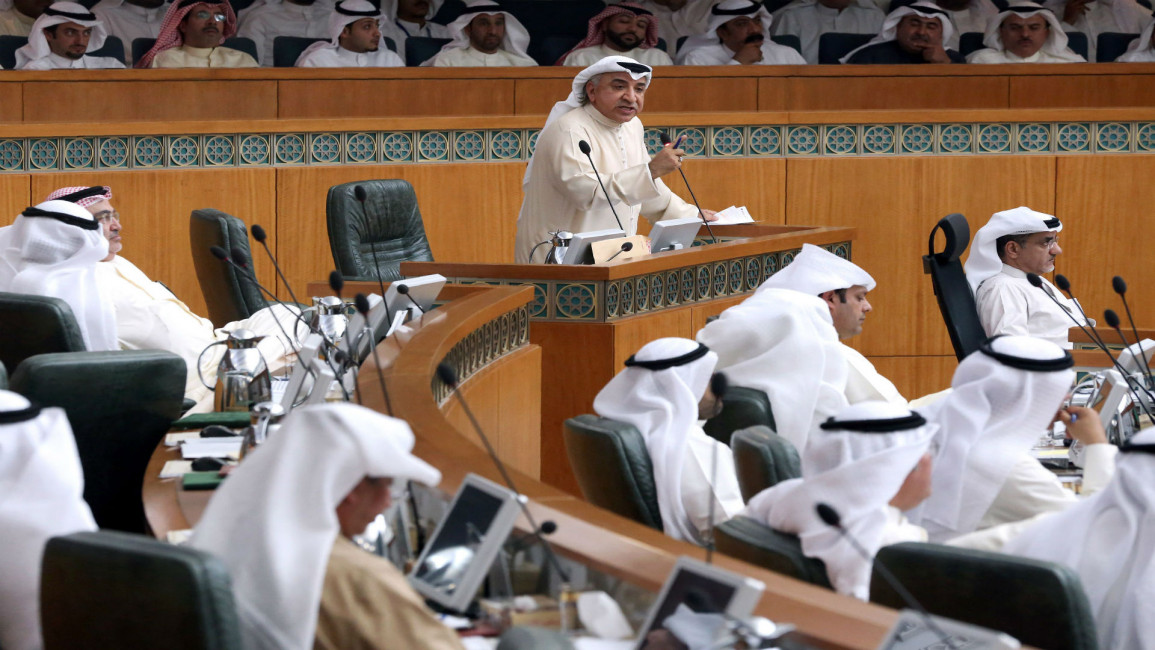Kuwait to raise electricity and water prices for expats
Thirty-one MPs voted in favour of the bill, while 17 members opposed. The bill will now go through a second and final round of voting in two weeks.
Lawmakers initially rejected the bill, but approved it after Kuwaiti citizens were exempted from the price hike.
If given the final clearance, it will be the first time in 50 years that oil-rich Kuwait has raised power fees.
Like other crude exporters, Kuwait's oil-dependent revenues dwindled since oil prices crashed by more than 70 percent from its mid-2014 peak.
The bill stipulates the raising of power charges in apartment buildings, overwhelmingly used by foreigners, from the current flat rate of two fils (0.7 cents) per kilowatt hour gradually to up to 15 fils (5 cents) per kilowatt hour - a rise of more than 700 percent.
For commercial uses, it will be raised from two fils per kilowatt hour to 25 fils per kilowatt hour - more than 12 times the price. Water prices will also be more than doubled.
Electricity and Water Minister Ahmad al-Jassar told a heated debate in parliament that the government was paying around $8.8 billion annually to subsidise power and water production.
 |
The tiny emirate is home to 1.3 million native citizens and around three million foreigners |  |
If no action was taken, consumption would triple by 2035 and subsidies would rise to $25 billion, the minister said.
The aim of the bill was to cut consumption by over 30 percent, he said.
But most lawmakers strongly rejected the government's initial plan to raise power charges on citizens and blamed political leaders for economic mismanagement.
"This would be the biggest crime against citizens and expatriates," Shia MP Saleh Ashour said.
Meanwhile, independent MP Jamal al-Omar blamed government failure for the economic crisis.
"The cause of the crisis is not the drop in oil prices alone, but also the government's failure... Our government is incapable of managing the country," Omar said.
The government also plans to raise heavily subsidised petrol prices, currently one of the cheapest in the world.
Kuwait has posted a budget deficit of $20 billion in the past fiscal year, according to provisional figures, following 16 years of windfall due to high oil prices.
The tiny emirate is home to 1.3 million native citizens and around three million foreigners. London, by comparison, is home to around seven million people.
Kuwait has remained the only country in the Gulf not to raise power and petrol tariffs since the sharp drop in oil prices.
Also on Wednesday, Kuwait's court of appeals ruled that Mubarak al-Duwaila, a former member of parliament, will serve two years in jail for "insulting" the UAE.
The Muslim Brotherhood-linked Duwaila was alleged to have implied that the UAE had prosecuted Brotherhood members on false charges of sedition in a newspaper interview two years ago.
Agencies contributed to this report



